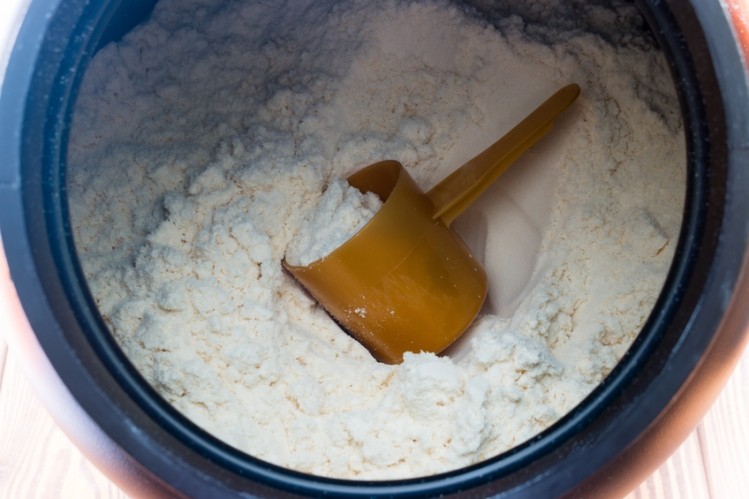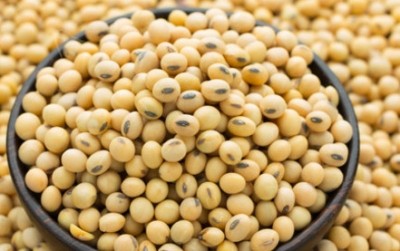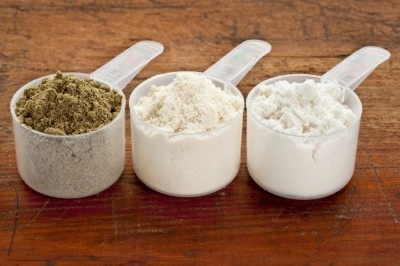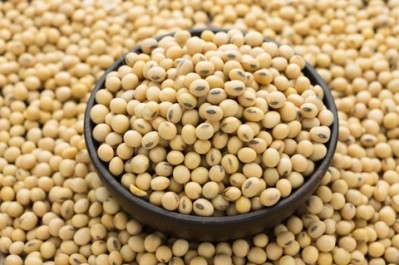As ‘soy-free’ claims increase in food and beverage, soy protein still shines in supplements aisle

Analysts and trend forecasters in the food and beverage space have noticed a drop in soy consumption and soy product sales—total volume consumption of soy protein isolate experienced a decline, from 90,539 tons in 2013 to 89,826 tons in 2015, as well as a slight dip of soy protein concentrate from 45,592 tons in 2013 to 45,392 tons in 2015, according to Euromonitor data.
While soy’s falling out of fashion may hold true in the food and beverage space (think snacks and indulgent drinks), the same can’t quite be said about the meal replacement, supplement powder, and energy bars/gels segments.
Data from SPINS recorded a 2.0% sales increase respectively for energy bars and gels containing soy from 2015 to 2016, while the meal replacements and supplement powders categories experienced a 18.7% sales increase.
Broken down by subcategories, ready-to-drink (RTD) meal replacement beverages with soy protein is the shining star among all other soy protein subcategories with a 26.5% increase year-over-year ending Sept. 4 2016.
“Soy still has some of the best functionality compared to other plant proteins”
SPINS’ data echoes sentiments from manufacturers. “Soy still has some of the best functionality compared to other plant proteins,” Michael Sutich, product manager for dairy proteins and gums at Farbest, told NurtaIngredients-USA. “The market for soy protein is much larger than pea. Customers have a lot of interest in pea but a lot of R&D money still needs to be spent before it can truly compete with soy.”
Among the main reasons for avoiding soy is an attempt to avoid GMO ingredients, or because soy is one of the top allergens.
“I think this really depends on the type of consumer. If are looking at the average shopper who is looking for a meal replacement bar or RTD beverage, they don’t really care about whether soy is in the product,” Sutich added. “I think people who are more interested in health trends (paleo diet adherents, athletes, bodybuilders) who are more careful with their labels are the ones avoiding soy.”
This year, there have been several studies highlighting new aspects of soy protein’s benefits that differentiates it from dairy protein or other plant proteins, such as its potential in blood sugar management after a meal or its ability to diversify gut microbiota more than dairy protein.















